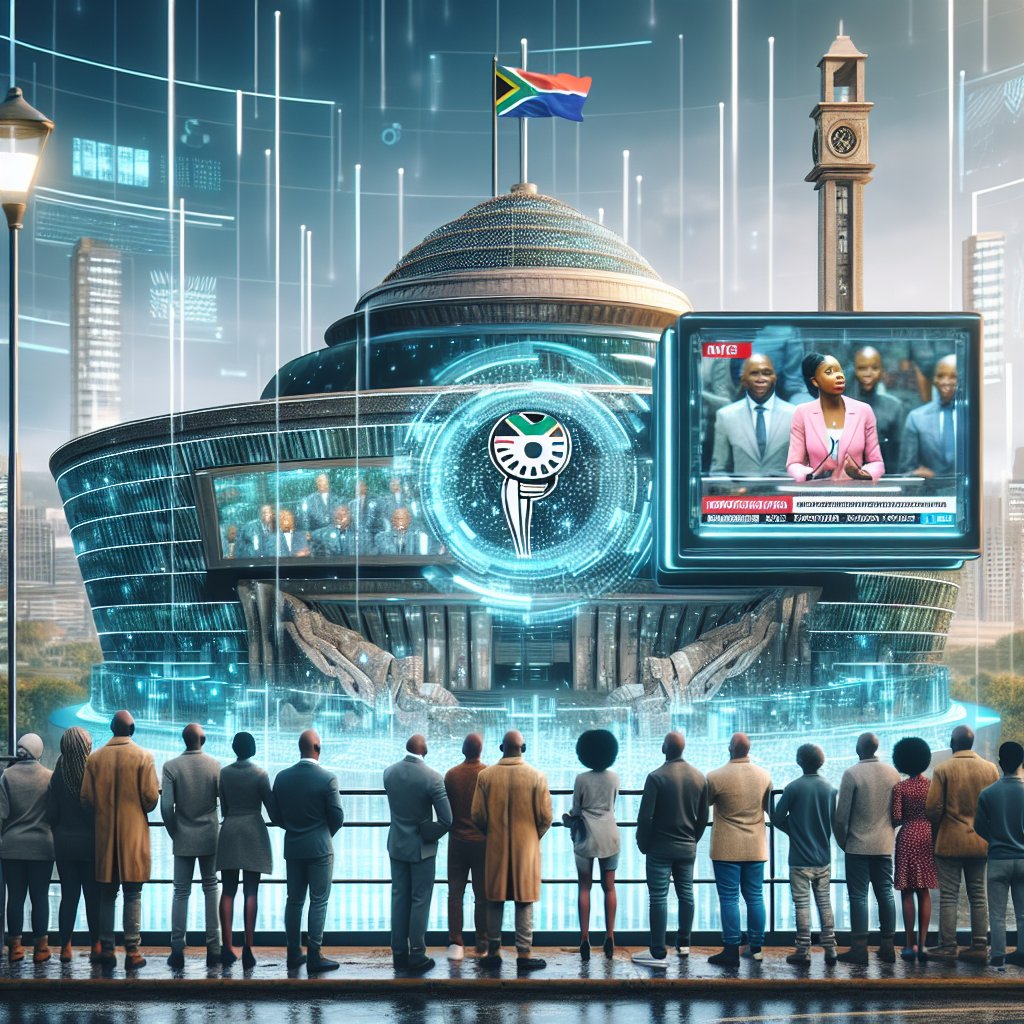Image created by AI
Turmoil in MK Party as 18 MPs Ousted, Sparks Concern Over Political Stability
In a bold move that has set the South African political scene abuzz, the MK Party has removed 18 of its members of parliament. The recently formed MK Party, aiming to disrupt the political status quo, now faces scrutiny after the drastic dismissal of a significant number of its lawmakers, according to Political Analyst Thobani Zikalala. The party’s decision to eject its MPs on allegations of trust abuse, including manipulating parliamentary lists, has raised concerns from political analysts and the electorate alike.
Zikalala, a seasoned observer of South African politics, shared his apprehension regarding the future of the party and its impact on the local political climate. The axed MPs, twelve of whom were already serving and six pending inauguration into the National Assembly, reportedly violated the party's trust by inserting unauthorized names into the party's parliamentary roster. This development casts a shadow over the party’s internal governance and its public image as it grapples with allegations of chaos and disarray.
The timing of the upheaval is particularly worrisome for the analyst, as it suggests instability within a party that lacks an elected leadership structure. In the absence of a secure leadership term, the appointed leadership of the MK Party is expected to portray a unified and stable front, and the recent decision seems to counter that principle.
Zikalala highlights the importance of execution in party strategy, hinting that while the intent to recruit experienced individuals is laudable, the manner in which these changes occur can significantly influence public perception. An appearance of disorganization or indifference could alienate voters and undermine the party's strategic objectives. The ideal, Zikalala implies, is a balance between innovative policy and consistent, reliable governance.
The party spokesperson, Ndhlela, confirmed the expulsion of the parliamentarians but has not offered a comprehensive explanation beyond the accusations of trust abuse. This raises questions about how the party plans to address and amend its internal selection processes and how it will carry forward its legislative agenda in the wake of such a reshuffle.
This event could indeed spur a shift in the local political landscape, signifying MK Party’s potential as a game-changer in South African politics if it can overcome its internal challenges and maintain public trust. As South Africa navigates these political shifts, the electorate will undoubtedly watch MK Party's next steps with a keen eye.










